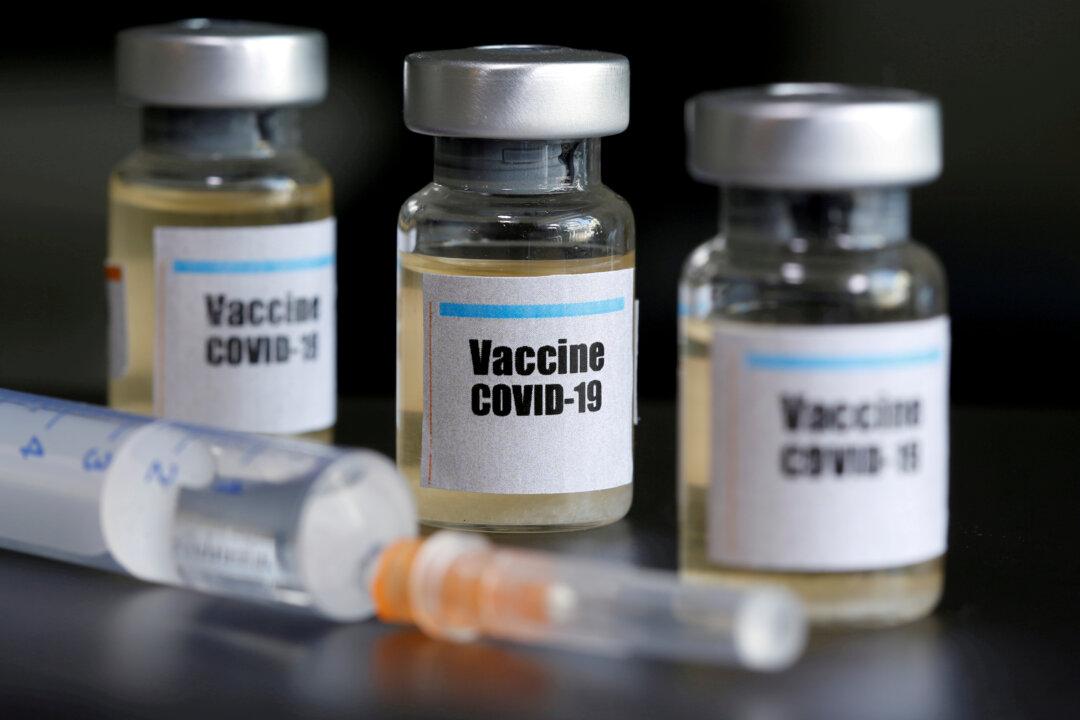In a race to find a vaccine for COVID-19, some medical professionals and politicians are advocating the use of a controversial method called human challenge studies (HCS), where healthy volunteers are injected with a candidate vaccine or a placebo followed by an attenuated CCP virus.
Proponents of the HCS argue that more lives will be lost the longer it takes for an efficacious vaccine to be developed. Thirty-five lawmakers headed by Reps. Bill Foster (D-Ill.) and Donna Shalala (D-Fla.) sent a letter (pdf) to the Department of Health and Human Services and the Food and Drug Administration last month urging for all options to be considered in accelerating the development and deployment of a vaccine as “the enormous human cost of the COVID-19 epidemic alters the optimization of the risk/benefit analysis in favor of more rapid approval and deployment.”






